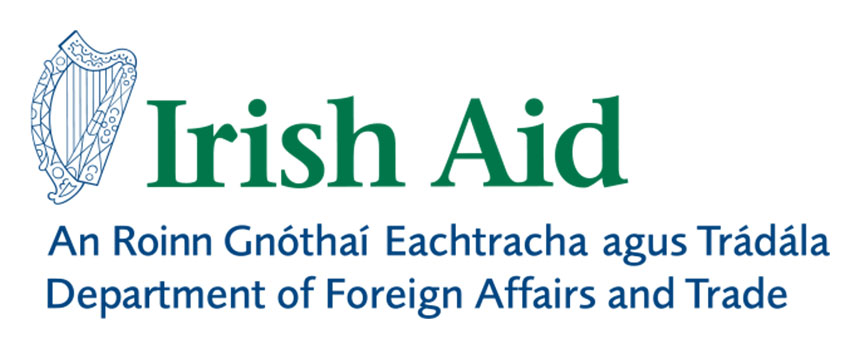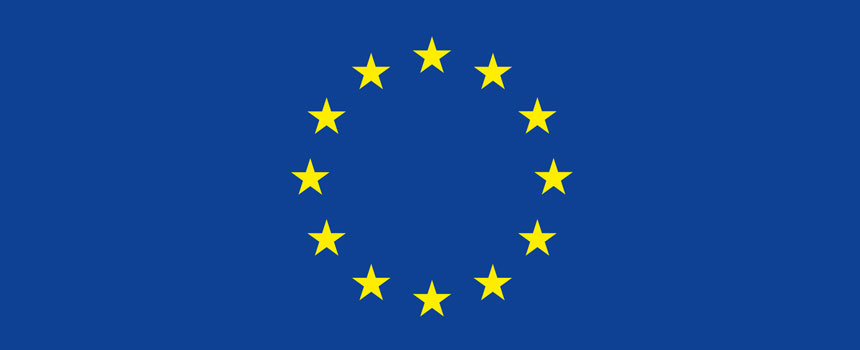The Panama Papers
26 May 2016

By Derek Lynch
The aggressive tax planning and dodging of high worth individuals and corporations has come to the fore in recent weeks thanks to the leak of more than 11 million documents contained in the Panama Papers. These documents were leaked from a Panamanian law firm called Mossack Fonseca and obtained by the International Consortium of Investigative Journalists (ICIJ).
The yearlong investigation, widely reported in the media, has exposed a secret world of aggressive measures used by wealthy individuals and companies to avoid paying their fair share of tax, even as countries and communities across the globe buckled under the pressure of austerity. Such measures take a devastating toll on the ability of governments to provide essential public services, especially those in developing countries. The financial watchdog Global Financial Integrity estimates that illicit financial outflows cost developing countries $1 trillion a year, and this figure is set to grow. The Tax Justice Network states that there is between $21 to $32 trillion of individual private financial wealth held offshore.
The Panama Papers reveal that 12 current and former world leaders along with 128 politicians and public officials were aided and abetted by a global web of big law firms and banks to move money offshore to avoid paying taxes. Twenty-nine Forbes-listed billionaires are also named in the leak. The law firm at the centre of the leak, Mossack Fonseca, is the world’s fourth largest offshore company provider.
The trove of documents, which includes emails, banking details and client records going back as far as 1977, shows how, by using a complex web of corporate structures, phantom companies and banking arrangements, Mossack Fonseca's clients were able to operate beyond the realm of accountability. The law firm has registered more than 200,000 companies, trusts and foundations in highly secretive jurisdictions around the world with half of these being registered in the British Virgin Islands and the rest dispersed in tax havens around the globe.
The leak demonstrates the clear need for continued pressure on political representatives both nationally and at the EU level for a public Register of Beneficial Ownership. Public outrage needs to be harnessed and pressure brought to bear on the European Parliament, the European Commission and the Heads of State of European Union Member States to address a number of serious concerns regarding the fourth European Anti-Money Laundering Directive (2015/849). For example, one of the new rules will water down requirements already in place for the real (natural persons as opposed to legal entities) beneficial owners to be made known by now allowing for “natural person(s) who hold the position of senior managing official(s)” to be recorded as the beneficial owner instead of the actual beneficial owner.Should these new rules, scheduled to come into force by mid-2017, actually be allowed to come into being, the fight for financial transparency and justice will face a serious setback as once more the real beneficial owners will be able to evade public scrutiny and accountability.
To demand that governments ignore corporate lobbying, to ensure that loopholes which allow this behaviour to continue are closed, and to end the culture of secrecy please use your voice and sign this petition.
Related Content
News
- DDCI Calls for Oireachtas Debate; Full Review of Tax Ruling Practices by the Revenue Commissioners Following Today’s EC Apple State Aid Ruling
- 'Economics from a Global Justice Perspective' 6 Week Course for Members of the Public (starting 11 April)
- New Report: Survival of the Richest


